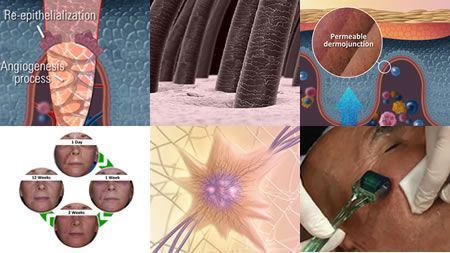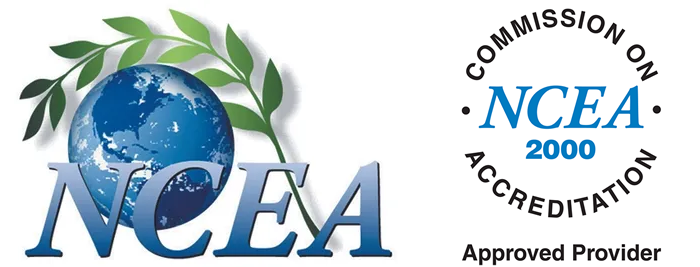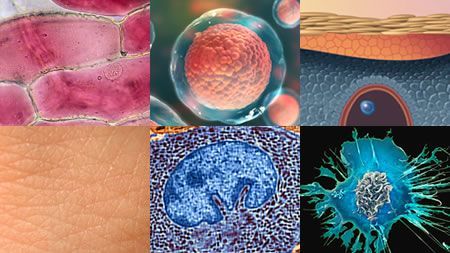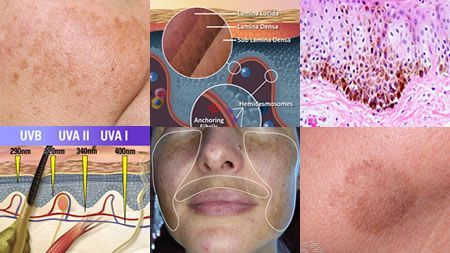
course details
This comprehensive six-unit course on wound healing and skin repair is specially designed for practitioners seeking in-depth knowledge of the wound healing process and its implications in various treatments. Whether you specialise in dermal needling, medical needling, chemical resurfacing, microdermabrasion, IPL & laser hair reduction, or laser & IPL skin rejuvenation, this course will provide you with essential insights into understanding the intricacies of wound healing and its impact on treatment outcomes.
Understanding the Wound Healing Process
Gain a comprehensive knowledge of the wound healing process and its significance in various treatments. By understanding the mechanisms behind wound healing, you can better anticipate potential risks and unintended outcomes.
Scar Tissue and its Implications
Delve into the formation and characteristics of scar tissue. Explore how scar tissue differs from healthy skin and understand its impact on treatment outcomes.
Anatomy and Physiology of Hair (Relative to Light-Based Hair Reduction)
Gain insights into the intricate anatomy and physiology of hair, particularly in relation to light-based hair reduction procedures. Understanding these aspects will enhance your ability to provide effective treatments.
Key topics covered include:
Best Practices in Dermal Needling Technique
Master the art of dermal needling technique by learning best practices from industry experts. Explore the optimal methods for safe and efficient treatment delivery.
Device-Based Treatment Procedures
Discover how device-based treatment procedures can be integrated into your professional repertoire. This unit focuses on the application of various treatments, including dermal needling (CIT), medical needling, chemical resurfacing, microdermabrasion, IPL & Laser hair reduction, and laser & IPL skin rejuvenation.
Contraindications and Best Practice Approaches
Learn to identify contraindications and implement best practice approaches in wound healing and skin repair treatments. Understand the factors that influence treatment outcomes and enhance patient safety.
Upon completion of this course, you will achieve the following learning objectives:
- Demonstrate comprehensive knowledge of wound healing and the skin’s response to mechanical or heat application treatments.
- Identify potential risks associated with wound healing triggers and effectively manage or avoid unintended outcomes.
- Explain the physiological changes occurring in the skin during treatment processes and make informed decisions regarding contraindications and best practice approaches.
- Showcase competency in the course material and apply acquired knowledge in a professional setting.
Enrol in this course today and take your wound healing and skin repair career to new heights.
This educational activity has been approved for 6.0 Continuing Education credits by the NCEA Commission on Accreditation.








